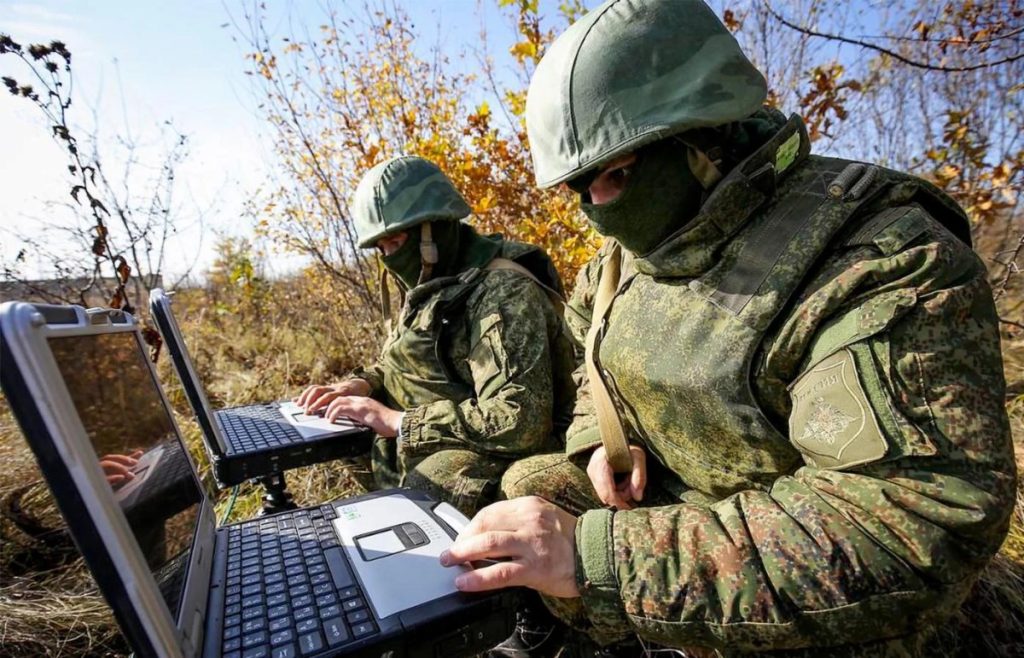
Russia’s cyberspace is changing fast—and not for the better for regular citizens. In recent years, the Kremlin has intensified its campaign to dominate the internet, communication, and information flows. From initial periodic censorship, the efforts have evolved into an all-out bid for “digital sovereignty,” with freshly minted legislation, technical hurdles, and government-sponsored apps dictating how Russians communicate, interact, and even receive news.

The Kremlin Strategy: From Blocking Apps to Building a “Sovereign Internet”
The Russian government is marrying traditional censorship with new technology to manage the virtual space. It’s no longer merely about blocking access to particular social media. The state is actually constructing a domestic internet environment—one that can operate on its own if severed from the global network. This “sovereign internet” is created in order to make sure information moves as desired by the government and to quarantine anything the state perceives as a threat.

The approach is a combination of legal controls, platform limits, and technical restrictions. Foreign platforms are restricted or blocked, local substitutes are promoted, data has to remain within Russian boundaries, and legislation now empowers authorities to discipline wide-ranging online behavior as inappropriate. Sophisticated traffic filtering technologies are being used, which makes it increasingly tough for citizens to beat censorship.

The Max Messenger Push and Foreign App Restrictions
One of the most significant steps is the state-sponsored Max messenger application. From September, Max will need to be pre-installed on all smartphones and tablets sold in Russia. It isn’t merely about ease. Max is connected to government services, where one can deal with official papers, pay bills, and access digital passports—all within one app.

The government presents Max as a safer, more secure replacement for international apps such as WhatsApp or Telegram, which have been restricted from voice and video calls. Foreign platforms can be used for fraud or other criminal purposes, officials say. Others, however, caution that Max would become a strong surveillance tool since it is integrated closely with government infrastructure, even though it asks for fewer permissions than international apps.

Internet Shutdowns: A Means of Control and Safety
Russia’s internet shutdowns are not only about quashing dissent—there are security reasons behind them, too. Regional authorities have systematically shut down mobile internet in much of the country to interfere with activities they consider threats since the summer. The blackouts impact daily life, restricting access to maps, banks, online transactions, and even emergency services.

For everyday citizens, the shutdowns are disorienting, causing confusion for the traveling public, disrupting businesses, and cultivating a feeling of aggravation. The authorities present these outages as policies of “public safety,” yet the effect on daily life is significant.

Legal and Technical Enforcement of Digital Isolation
Russia’s strategy to manage the internet is more and more advanced. The government increasingly employs technology that censors online services by network protocol, rendering it more difficult for VPNs or other circumventions to be effective. Messenger disruptions and selective platform shutdowns tend to coincide with protests or politically charged occasions. There have also been legal expansions in the scope of regulating online. There is now legislation that forbids not only posting but also looking for “extremist content,” and state agencies are precluded from employing foreign messenger applications for official use. This is bringing a culture of self-censorship as well as a fragmented online space for information.

How Society Feels the Impact
The cyber crackdown has implications beyond Internet access—it’s changing daily life. Surveillance is expanding, with telecommunications operators having to retain call recordings and metadata for a long time. Russians increasingly take care online, shunning material that might subject them to government attention. Self-censorship is being spurred by fear and uncertainty, while independent information is being reserved for those prepared to overcome cumbersome workarounds.

Adapting and Circumventing Controls
Even with the censorship, individuals are finding means to stay in touch. VPNs are increasingly being used, particularly by the youth and in urban areas. Private servers, secure messaging applications, and other technological measures aid users in evading censorship. Offline measures, such as distributing information through trusted networks or pre-downloading material in anticipation of shutdowns, are also employed by some citizens.

Global Perspective: Lessons for Everyone
Russia’s digital crackdown is part of a wider tendency for governments to try to regulate the spread of information. Internet controls are costly economically, socially, and personally, but the tactics are going global. Democracies are challenged to uphold online freedom in the face of the fact that authoritarian methods can be very effective. Russia’s system may be splintered and piecemeal, but it demonstrates that to control the net is not always a matter of a single, unyielding firewall. At times, a combination of legislation, technology, and inclination to inconvenience daily existence can suffice to redefine a society’s online interaction—and the rest of us are looking on.


